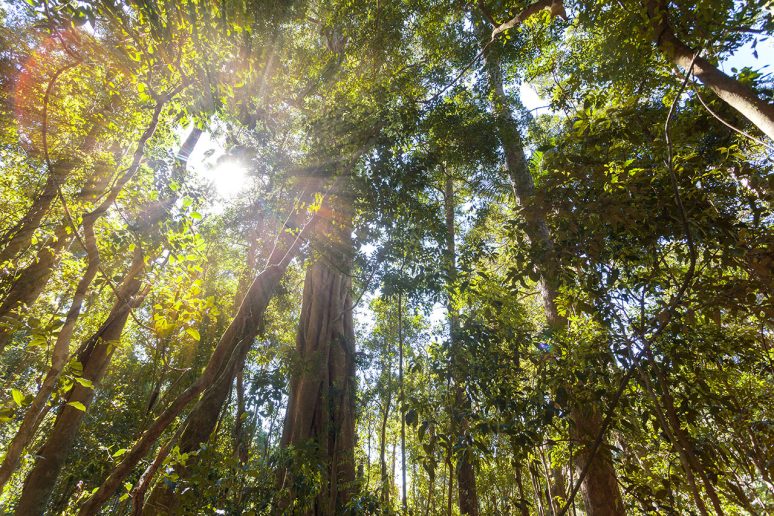THE state government’s tightening of land use and development controls within green wedge zones is unlikely to have any immediate effect on the Mornington Peninsula.
Mornington Peninsula Shire mayor Cr Simon Brooks welcomed the government’s Green Wedge and Agricultural Land Action Plan as it “reinforces the non-urban purpose and character of the green wedge”. He said the government’s plans did not require any changes to the shire’s green wedge management plan adopted in December 2018 and updated the following year.
The peninsula’s 520 square kilometres, or 70 per cent, green wedge is one of 12 that form an irregular ring around the edge of Melbourne. Brooks said the peninsula’s green wedge was “under multiple pressures and we have advocated strongly for more protections and tighter controls over non-agricultural uses”. He said the government’s action plan was a step in the right direction: “Clearer guidelines and stronger planning controls will help our efforts to support our $1.3 billion agriculture, food and beverage sector and protect the non-urban character of the peninsula. “Our region is critical to Victoria’s food economy and security, yielding the second highest value food production region per hectare in Victoria.”
Planning changes announced by the state government last month are designed to protect green wedge zones by preventing urban sprawl within 100 kilometres of Melbourne. State planning minister Sonya Kilkenny has introduced a raft of changes to stop councils from allowing houses to be built on certain farmland under that size. The green wedge “action plan” will increase flexibility for farm sales, ban new data centres in green wedge and rural conservation zones, and review of application requirements in green wedge zones. The protections for farm land will also apply to quarries that operate inside green wedges.
With Melbourne’s five million plus population set to reach the size of London’s (nine million) by 2050, the state government has set a target of building 800,000 new homes over the next decade, with 70 per cent of those set to be built in established suburbs. “More housing doesn’t have to come at the expense of our green wedges – that’s why we’re providing better permanent protection for these areas against overdevelopment,” Kilkenny said.
The government has said it will not “enshrine” individual green wedge plans in legislation or require ministerial approval for plans prepared by councils and Brooks said the shire was looking forward to working “with the state government to ensure the details of the action plan reflect the distinctive role and function of our Mornington Peninsula Green Wedge”.
The government says it will develop a new policy to increase access and use of the “significant unused capacity of recycled water from Melbourne’s water treatment plants”. Using urban wastewater for agriculture would boost productivity and strengthen the resilience of Melbourne’s food bowl to climate change.
“Given the peninsula’s critical role in Victoria’s food economy, we are also calling on the state government to invest in infrastructure to give our primary producers access to the millions of litres of Class A recycled water currently being pumped [daily into the sea at Gunnamatta],” Brooks said. “Accessing this water is an ideal way to secure climate resilient food production for Melbourne’s growing population.”
First published in the Mornington News – 9th April 2024


